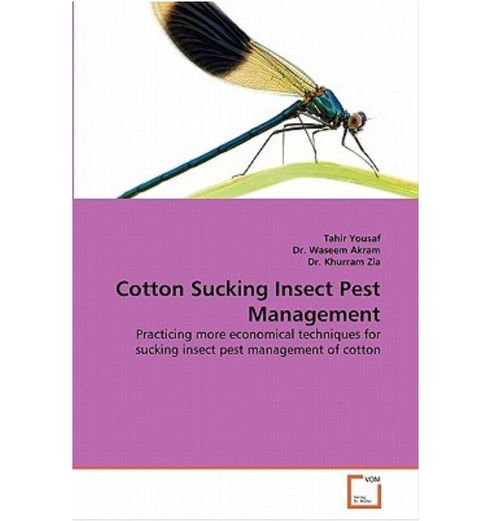
Insect Bite on Face: A Detailed Guide
Have you ever experienced an insect bite on your face? It can be an uncomfortable and sometimes alarming experience. In this article, we will delve into the details of insect bites on the face, including their causes, symptoms, treatment, and prevention methods. Let’s explore this common yet often misunderstood issue.
Causes of Insect Bites on the Face

Insect bites on the face can be caused by various types of insects, such as mosquitoes, ants, bees, wasps, and ticks. These insects are attracted to the face due to several reasons:
-
Odor: The face emits various scents that can attract insects.
-
Color: The face often has a warm color, which can be appealing to some insects.
-
Moisture: The face has a higher moisture content compared to other parts of the body.
Symptoms of Insect Bites on the Face

The symptoms of an insect bite on the face can vary depending on the type of insect and the individual’s sensitivity. Common symptoms include:
-
Pain or itching: This is the most common symptom, often occurring immediately after the bite.
-
Redness: The area around the bite may become red and inflamed.
-
Swelling: The bite may cause swelling, which can be more pronounced in some cases.
-
Bruising: In some cases, the bite may cause bruising or discoloration.
-
Wheal: A raised, white bump may form around the bite, known as a wheal.
Treatment of Insect Bites on the Face

Treatment for an insect bite on the face typically involves managing the symptoms and preventing infection. Here are some effective treatment options:
-
Cool Compress: Apply a cool compress to the bite to reduce swelling and alleviate pain.
-
Antihistamines: Over-the-counter antihistamines can help relieve itching and reduce inflammation.
-
Topical Creams: Topical corticosteroid creams can be applied to reduce redness and swelling.
-
Hydrocortisone Cream: This over-the-counter cream can help alleviate itching and reduce inflammation.
-
Antibiotics: In some cases, a doctor may prescribe antibiotics to prevent or treat infection.
Prevention of Insect Bites on the Face
Preventing insect bites on the face is crucial, especially if you are prone to allergic reactions or have sensitive skin. Here are some effective prevention methods:
-
Wear Protective Clothing: When spending time outdoors, wear long-sleeved shirts and pants to cover exposed skin.
-
Use Insect Repellent: Apply insect repellent containing DEET or picaridin to your face and other exposed areas.
-
Eliminate Standing Water: Insects, particularly mosquitoes, are attracted to standing water. Empty containers, birdbaths, and other sources of standing water around your home.
-
Keep Your Yard Tidy: Trim overgrown vegetation and remove debris that can provide a habitat for insects.
-
Seal Entry Points: Seal gaps and cracks around doors, windows, and screens to prevent insects from entering your home.
When to Seek Medical Attention
In most cases, insect bites on the face can be managed at home. However, there are certain situations where you should seek medical attention:
-
Severe swelling or redness: If the bite causes significant swelling or redness, consult a healthcare professional.
-
Difficulty breathing or swallowing: If you experience difficulty breathing or swallowing after a bite, seek immediate medical attention.
-
High fever or chills: If you develop a high fever or chills, it







